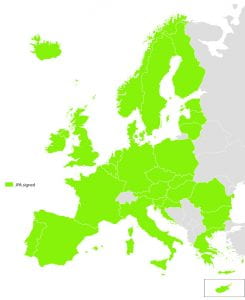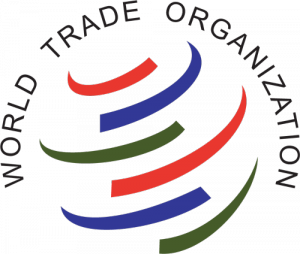By Prof Albert Sanchez-Graells, Professor of Economic Law and Co-Director of the Centre for Global Law and Innovation (University of Bristol Law School).
 Public procurement is at the forefront of the response to the challenges of COVID-19. Only well-equipped hospitals can save patients’ lives without endangering those of the medical, nursing and support workers in the NHS. Shortages of relatively simple consumables such as personal protection equipment (PPE), but also cleaning and hygiene products, can endanger lives and have devastating effects on the resilience of the healthcare system to (continue to) cope with the pandemic. Shortages of essential equipment such as ventilators can have even more direct nefarious impacts on individual lives.
Public procurement is at the forefront of the response to the challenges of COVID-19. Only well-equipped hospitals can save patients’ lives without endangering those of the medical, nursing and support workers in the NHS. Shortages of relatively simple consumables such as personal protection equipment (PPE), but also cleaning and hygiene products, can endanger lives and have devastating effects on the resilience of the healthcare system to (continue to) cope with the pandemic. Shortages of essential equipment such as ventilators can have even more direct nefarious impacts on individual lives.
The importance of public procurement and supply chain management has rarely been so prominently in the public eye and political debate—except, perhaps, in the case of notorious procurement scandals, such as the recent Brexit-related #ferrygate. In this blog post, I reflect on some of the emerging issues in the procurement response to COVID-19 and on the perhaps even bigger challenges that will follow, from a regulatory perspective. (more…)


